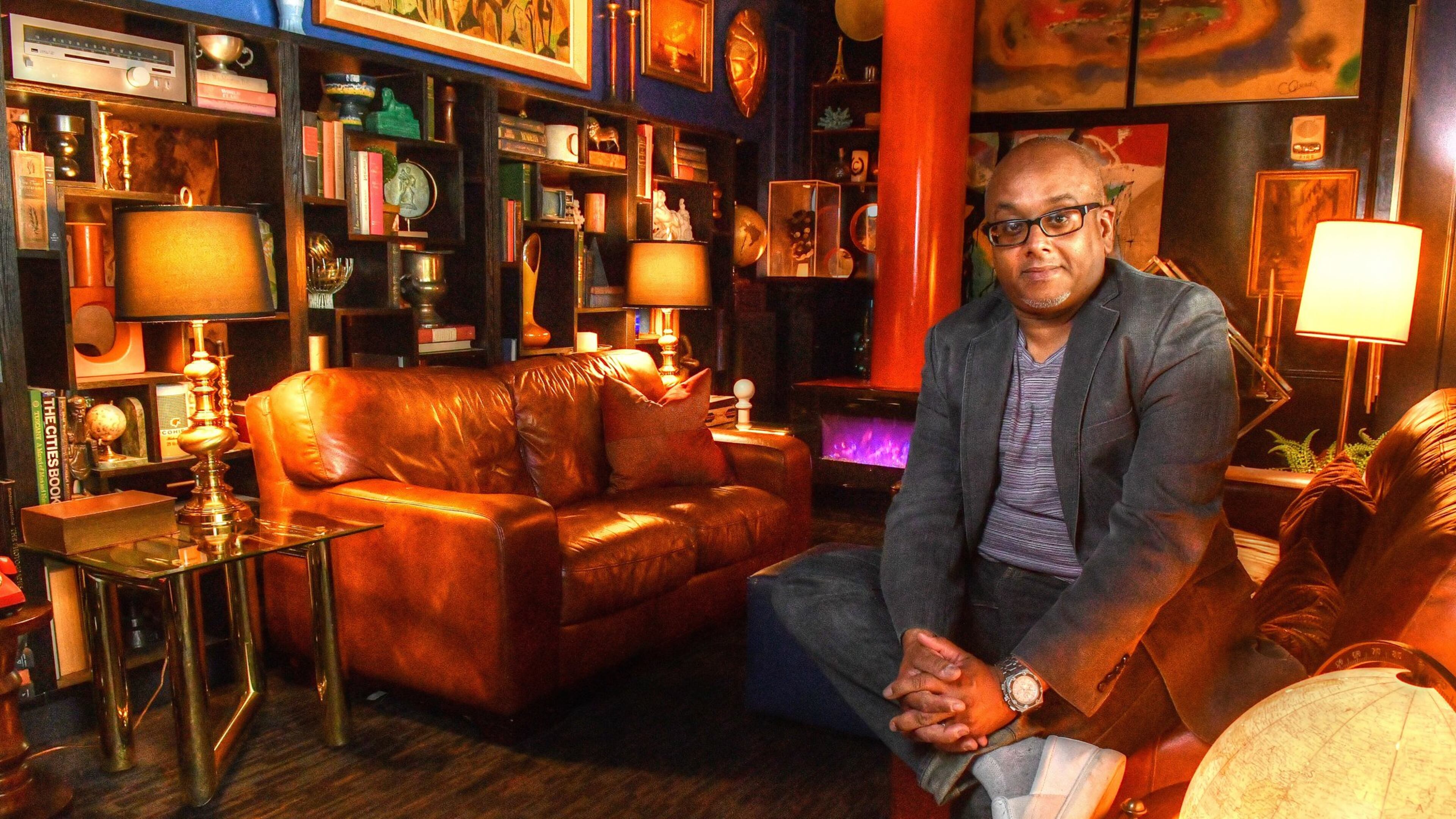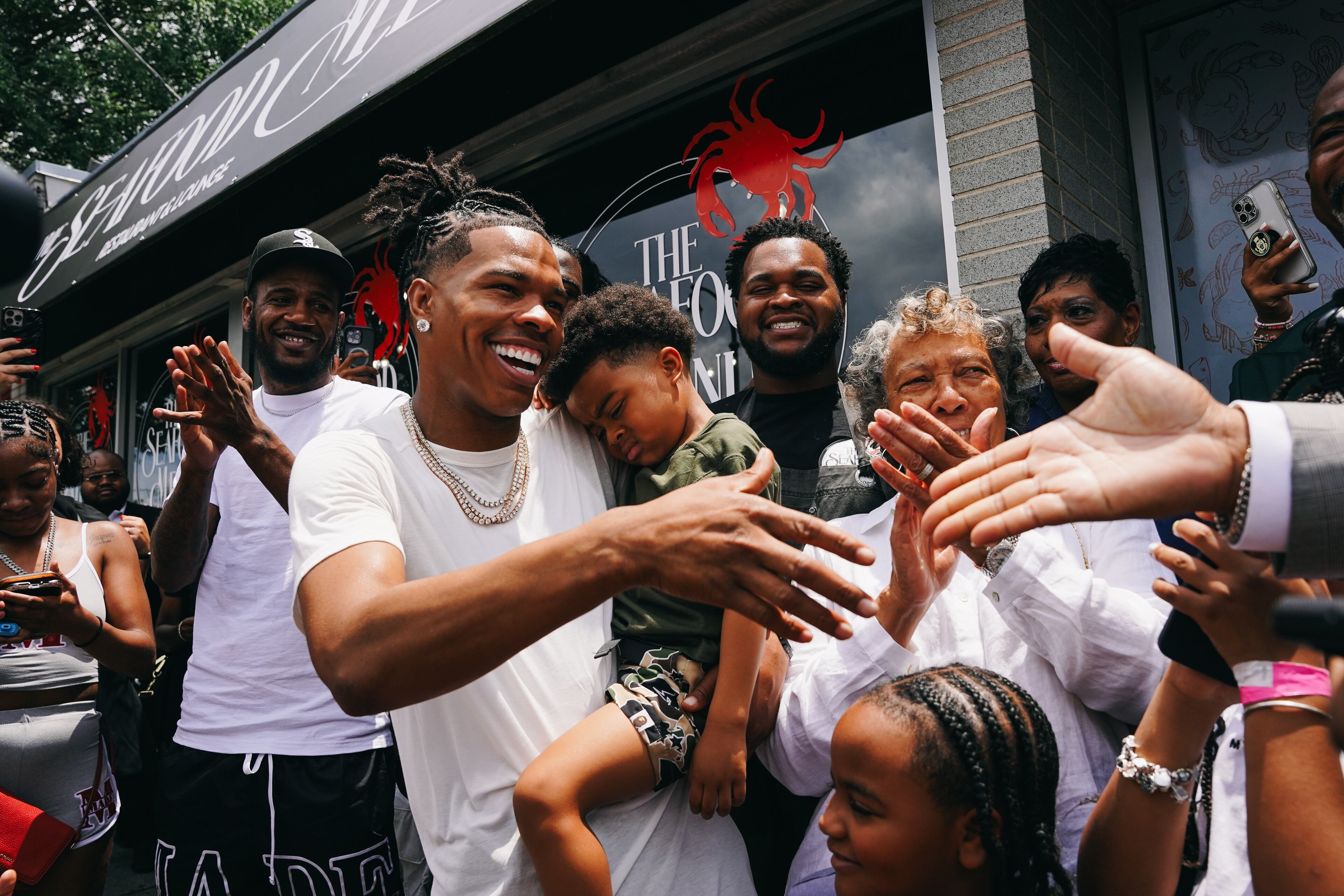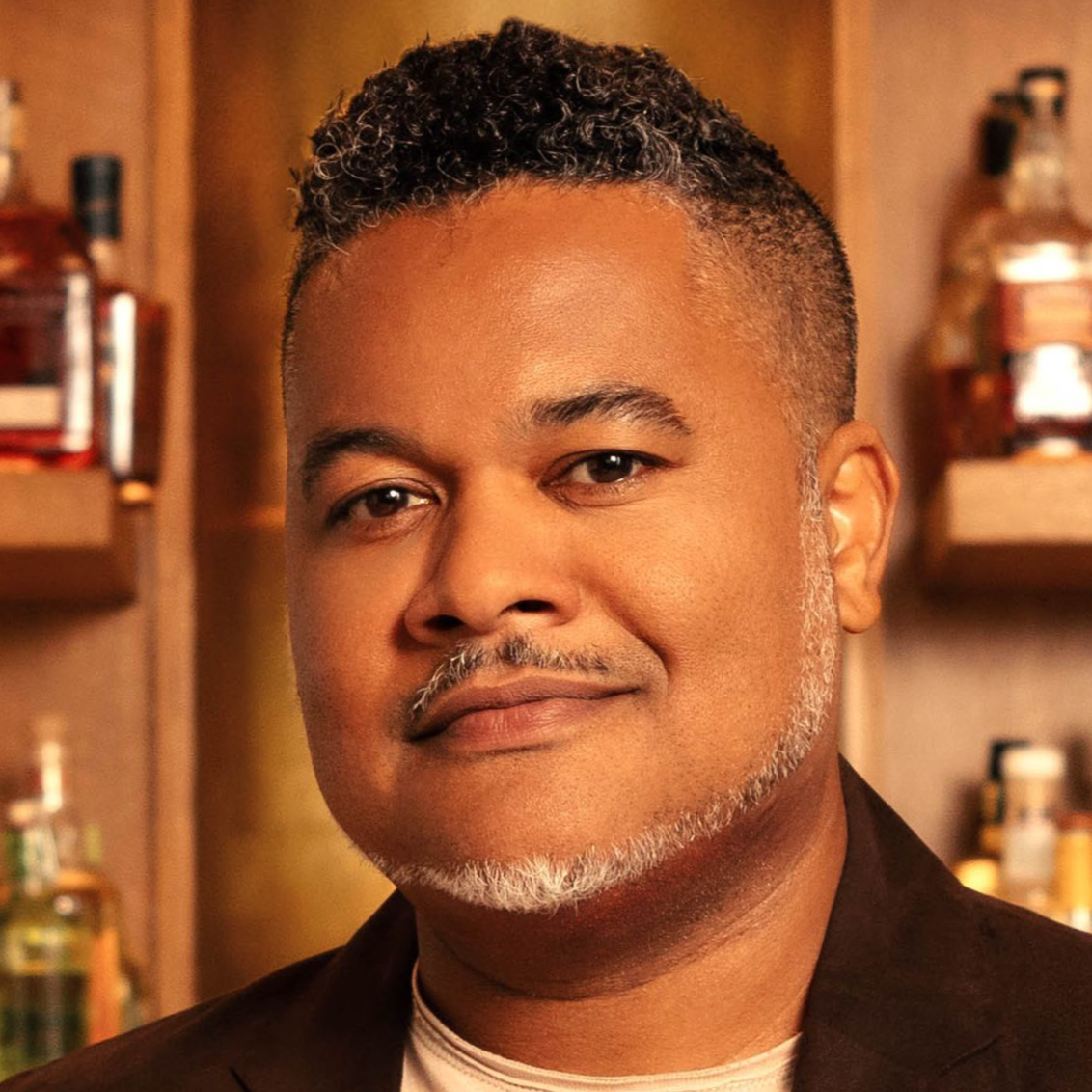You can’t eat a vibe: Why Keith Lee’s name is still ringing in Atlanta

A few years ago, just before the pandemic, I began to notice a trend in Atlanta restaurants. A few months ago, Keith Lee — and lots of Atlanta diners — confirmed it was real.
I’ve been asked on podcasts what I think of Lee since his viral Atlanta dining tour — be it by the brilliant Atlanta documentarian King Williams or The Grio’s Panama Jackson. As I explained to both, I think Lee told the truth, and I think a lot of people who’ve experienced Atlanta’s “vibe dining” scene agreed. If they didn’t, Lee’s Atlanta visit wouldn’t have become a national sensation.
I’ve written about food as part of broader culture for many years. I’m asked by locals and visitors all the time about where they can find Atlanta’s best food. I do my best to steer people to places they’ll enjoy, and I always try to give them options they might not have heard about or tried. Everybody’s gotta eat, especially the owners and staff of smaller, scrappier, maybe-lesser-known but no-less-outstanding restaurants.
Once upon a time that would describe Erika Council of Bomb Biscuit Co. In 2021, the breakfast restaurant was a food hall stall inside Irwin Street Market, in Inman Park. Today it is located on Highland Ave. in the Old Fourth Ward, and has gone from a word-of-mouth favorite to a phenomenon, bustling with biscuit-hungry customers and now heralded by the James Beard Foundation, The New York Times and Michelin as one of the best restaurants in America.

I’ve also argued with people who’ve downplayed or disregarded Atlanta’s dining scene, especially outsiders. Once, a very popular Black chef told me “Atlanta’s not a real city.” Yes, we’ve been jokingly mistaken for Wakanda many times since Marvel made “Black Panther.” But Atlanta’s not just real; it’s the most culturally influential city in the world, thanks in great part to the legacy of its Black residents. That extends to culinary art, as I told the famous chef, who shrugged me off. Still, I defend Atlanta at all costs, because I know the truth.
But the truth, relating to Atlanta restaurants, turns out to be complicated.
Eater Atlanta published a story I recently finished. Years in the making, it’s my attempt to figure out how this city, with so many reasons to be proud of its incredibly talented chefs, bartenders, restaurants and assorted service industry professionals, arrived at this moment of dissatisfaction with our restaurants, particularly our highly successful Black-owned restaurants.

The story is called “Good Vibes, Hospitality Not Included,” and it includes interviews of restaurant owners and influencers, and other players like our former “night mayor” Michael Paul and Mayor Andre Dickens. All of them recognized that there are indeed concerns about what feels like a greater emphasis on hype and vibe than quality and value.
The story includes quotes from Doug Hines, co-owner of The Consulate, a popular Midtown restaurant that receives high marks from both Dickens and Paul, among others, for its service, and quality standards in food and hospitality.
And it includes voices from customers specifically mentioning restaurants like The Seafood Menu, owned by superstar Atlanta rapper Lil Baby, as being underwhelming when considering expectations and cost.
Atlanta’s food scene is always evolving, with unique dining experiences popping up all the time. Some are highly sophisticated places where culinary art and exceptional hospitality rule. Others are purely intended to incorporate fun into your feast.
And there are plenty of places that fall somewhere between those extremes, such as Atlanta’s wave of “eatertainment” venues.
This city has long favored having food available almost everywhere, so it’s not abnormal to find lamb chops and cocktails at a Midtown car wash, or some of Atlanta’s best wings inside a world-famous strip club. Even if it’s a bit quirky, that’s the spirit of our unique and funky Southern town. Wherever we go, we like to eat.
Hungry customers, meanwhile, have become more sophisticated in their choices, more alert in what they were paying for, and more willing to offer critiques. What I found interesting is that even with lots of new restaurant concepts coming to town with their own approaches to culinary art, service and hospitality, things were starting to fall into a certain rhythm. And enough diners in Atlanta told me that Atlanta’s dining rhythm wasn’t quite on-beat.
When you ask people privately, without naming names, they’d be honest and tell you things weren’t as delicious as our foodie Instagram posts might suggest.
And the truth, which has been quietly spreading among Atlanta diners since 2020, is many Atlantans aren’t as impressed with some of the city’s most popular restaurants as we’ve claimed to be in social settings. It just took an outsider like Keith Lee to say it.

You can taste excellence on a plate or in a glass. You can see and feel the intentionality that owners and operators put into the designs of their spaces, from the music to the choices in art and color. And we all inherently know when we’re experiencing a magnificent marriage of food, drink, service and environment.
We’ve swung too heavily toward the vibe of it all. And I think there are several reasons for that, including social media and the rise of the ubiquitous foodie in each of us; the city’s licensure process and bad-faith actors looking to exploit loopholes; the fact that Atlanta doesn’t have the same longstanding service class of cities like New York and Chicago; and of course the disruptions of the pandemic and the strange habits we all picked up to get through a crazy time.
But if we’re going to continue to feel anchored in truth when we brag about our best restaurants, Black-owned and otherwise, we’ve got to exercise honesty, whether Keith Lee is in town or never wants to come back again (and he wouldn’t respond to my emails, so the latter might be a possibility).
By the way, I do think Keith Lee, too, deserves critique. His selections always seem random wherever he visits, and I could have pointed him to many outstanding Black-owned restaurants, had he reached out. I also think we’ve become used to promoting places that we know aren’t great, but assume our foodie-visitor friends and family want to have that same meal that their favorite Real Housewife had on TV. So we continue the cycle of closed-circuit representation rather than amplify what’s truly great.
Food is culture. And in a city like Atlanta, where beautiful Blackness has influenced the world, it’s important to understand how culture influences food and vice-versa.
We’ll keep doing our part at The Atlanta Journal-Constitution. And we hope you’ll keep telling it like it is. Atlanta can only benefit from the critique, as long as it comes from a place of respect and collective, constructive culinary pride.
You just can’t eat a vibe, at least by itself, if you want something truly sustainable.


